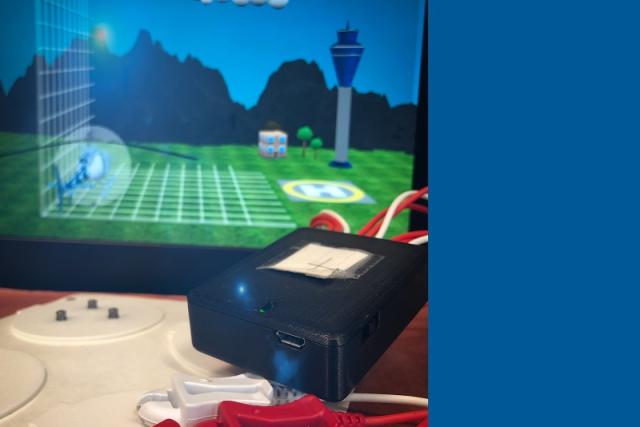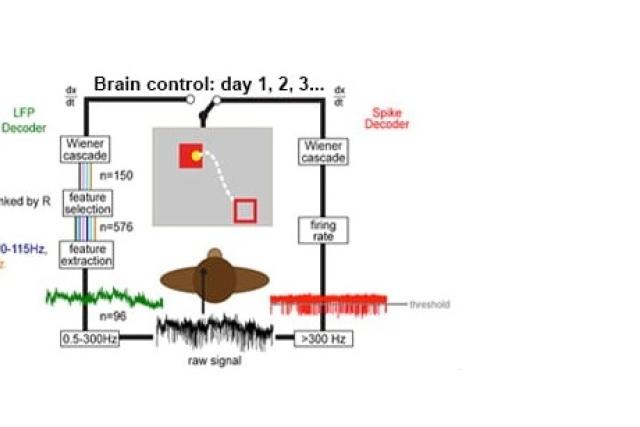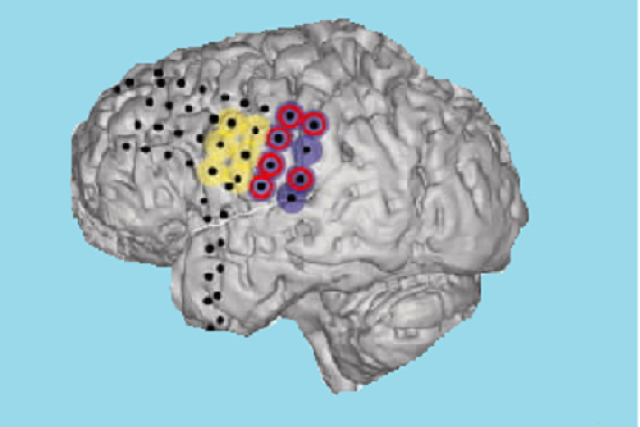Improving Arm Movement
Brain- Machine Interfacing for Hand and Arm Movement
Communication Building with Brain Machine Interface
We are changing and enhancing the uses and studies of brain machine interfacing BMI with patients who have limited language capability.
Our Projects
Take a look at a few of the projects we work on everyday.
Research Project
Research Project
Research Project
Join Our Clinical Trials

Improving Arm Movement Using Wearable Device After Stroke
Shirley Ryan AbilityLab is evaluating a new rehab therapy using wearable devices and a video game interface to improve arm movement after stroke. Participants use these wearable devices, called myoelectric computer interfaces, to play video games using their arm muscles.
read more
Improving Arm Movement Using Wearable Device After Stroke
Shirley Ryan AbilityLab is evaluating a new rehab therapy using wearable devices and a video game interface to improve arm movement after stroke. Participants use these wearable devices, called myoelectric computer interfaces, to play video games using their arm muscles.
read more
Improving Arm Movement Using Wearable Device After Stroke
Shirley Ryan AbilityLab is evaluating a new rehab therapy using wearable devices and a video game interface to improve arm movement after stroke. Participants use these wearable devices, called myoelectric computer interfaces, to play video games using their arm muscles.
read moreSelected Publications
Speech synthesis from ECoG using densely connected 3D convolutional neural networks.
OBJECTIVE: Direct synthesis of speech from neural signals could provide a fast and natural way of communication to people with neurological diseases. Invasively-measured brain activity (electrocorticography; ECoG) supplies the necessary temporal and spatial resolution to decode fast and complex processes such as speech production. A number of impressive advances in speech decoding using neural signals have been achieved in recent years, but the complex dynamics are still not fully understood…
read more




